HS-ESS3-4
Evaluate or refine a technological solution that reduces impacts of human activities on natural systems.
-
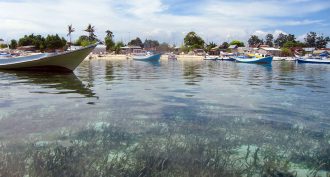 Ecosystems
EcosystemsUnderwater meadows appear to fight ocean germs
The seagrasses that sway in coastal currents are more than aquatic groundcover. They can reduce harmful bacteria that might otherwise sicken neighboring animals, new data show.
-
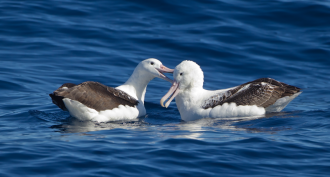 Environment
EnvironmentFood-like smell on plastic may lure seabirds to eat it
When plastic smells like supper, seabirds and other animals can be fooled into thinking it is food.
-
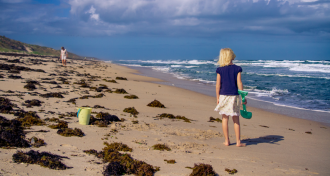 Oceans
OceansBeaches can be a germy playground
Infectious microbes can flourish on sandy beaches. Scientists are now exploring how to find and monitor these hotspots for pollution that can make vacationers sick.
-
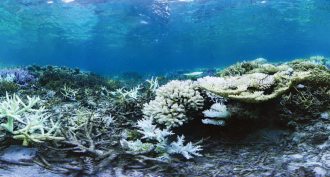 Oceans
OceansCreative ways to help coral reefs recover
Coral reefs are under siege from threats ranging from climate change to explosives. But scientists are developing ways to rebuild reefs before they disappear.
-
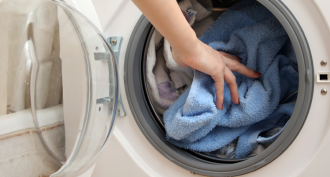 Environment
EnvironmentLaundering clothes may send indoor pollutants outdoors
Clothing absorbs pollutants from indoor air. During washing and drying, the fabric releases those chemicals into the outdoor environment, a new study finds.
-
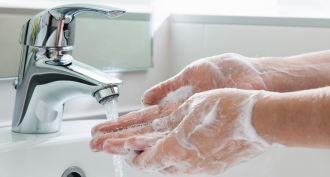 Health & Medicine
Health & MedicineU.S. to outlaw antibacterial soaps
Soaps with germ-killing compounds promise cleaner hands. But manufacturers couldn’t show they offer any safety advantage. Now the U.S. government is banning them.
By Helen Thompson and Janet Raloff -
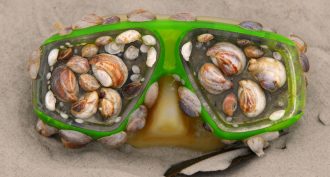 Environment
EnvironmentScientists Say: Plastisphere
As plastic floats in the ocean, it can acquire its own colony of microbes and algae. We call this ecosystem the plastisphere.
-
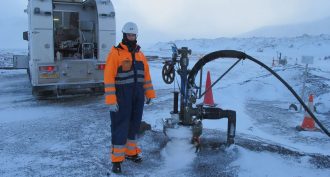 Climate
ClimateVolcanic rocks can quickly turn pollution into stone
A test program in Iceland injected carbon dioxide into lava rocks. More than 95 percent of the gas turned to stone within two years.
-
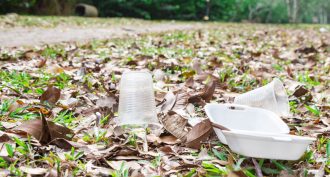 Environment
EnvironmentTeens use science to worm through plastic waste
Some beetle larvae can eat plastic, which might be good for our pollution problem. But which types eat the most can vary a lot, these young scientists find.
-
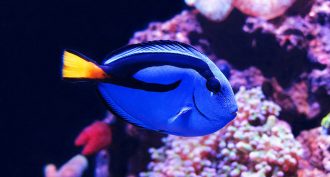 Animals
AnimalsCatching ‘Dory’ fish can poison entire coral reef ecosystems
More than half of saltwater-aquarium fish sold in the United States may have been caught in the wild using cyanide, new data show.
-
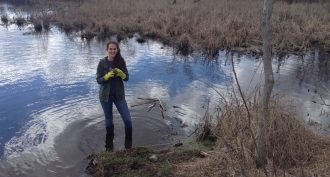 Environment
EnvironmentFighting big farm pollution with a tiny plant
Fertilizer runoff can fuel the growth of toxic algae nearby lakes. A teen decided to harness a tiny plant to sop up that fertilizer.
-
 Tech
TechConcrete science
Teen researchers are exploring ways to strengthen this building material, use it for safety purposes and use its discarded rubble.
By Sid Perkins